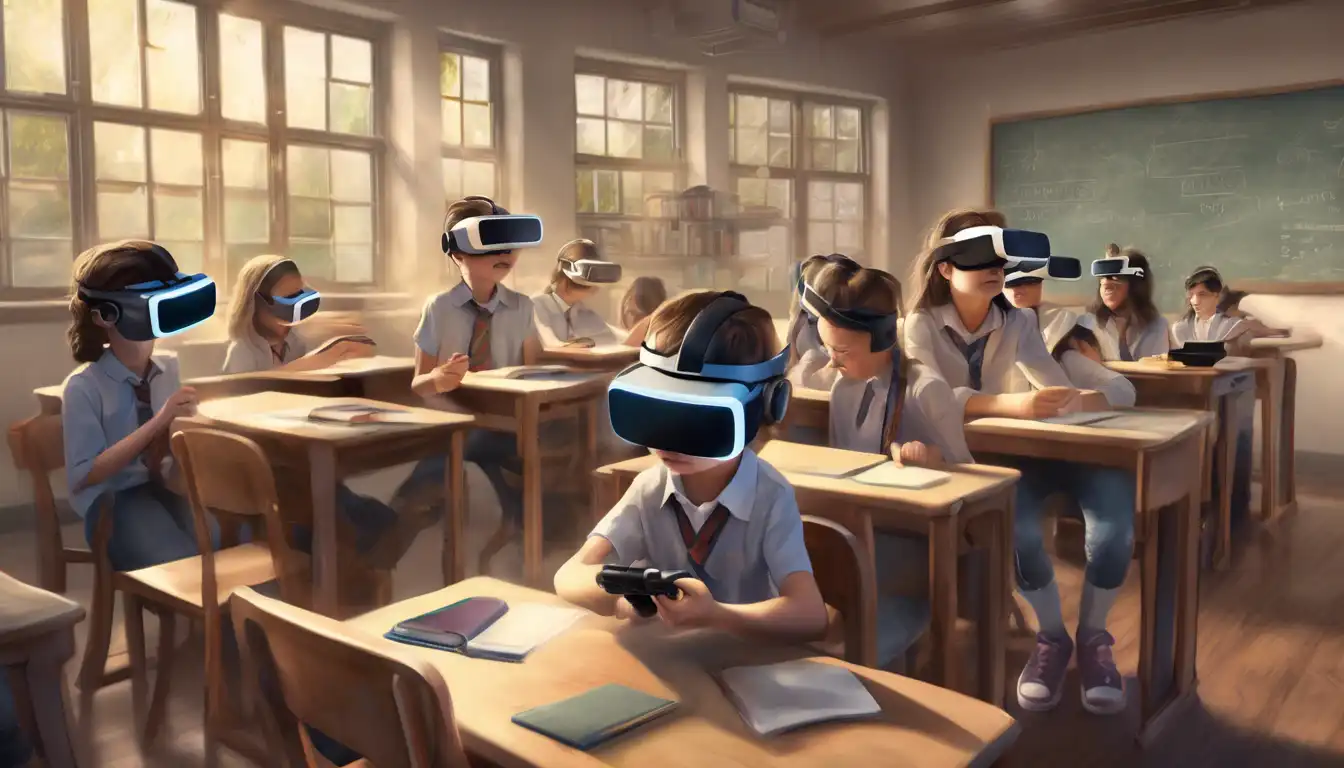The Transformative Impact of Virtual Reality in Learning Environments
Virtual Reality (VR) technology is revolutionizing the educational landscape, offering immersive learning experiences that were once beyond imagination. By simulating real-world environments, VR provides students with unique opportunities to explore complex concepts in a hands-on manner. This article delves into the potential of VR in education, highlighting its benefits, challenges, and future prospects.
Benefits of VR in Education
VR technology offers numerous advantages in educational settings, including:
- Enhanced Engagement: VR captivates students' attention by immersing them in interactive 3D environments, making learning more engaging and enjoyable.
- Improved Retention: Studies show that immersive learning experiences can significantly improve information retention rates among students.
- Accessible Learning: VR enables students to visit virtual field trips, historical sites, and even outer space, breaking geographical and physical barriers.
- Safe Practice Environments: From medical procedures to mechanical repairs, VR provides a risk-free platform for students to practice and hone their skills.
Challenges and Considerations
Despite its potential, the integration of VR in education faces several challenges:
- High Costs: The initial investment in VR hardware and software can be prohibitive for many educational institutions.
- Technical Limitations: Issues such as motion sickness and the need for high-speed internet can hinder the VR learning experience.
- Content Development: Creating high-quality, curriculum-aligned VR content requires significant time and expertise.
Future Prospects of VR in Education
The future of VR in education is bright, with ongoing advancements in technology making it more accessible and effective. Innovations such as AI-driven personalized learning and cloud-based VR platforms are expected to further enhance its educational applications. As VR becomes more mainstream, it has the potential to transform traditional learning paradigms, making education more interactive, inclusive, and impactful.
In conclusion, VR holds immense potential to enrich the educational experience by providing immersive, engaging, and effective learning solutions. While challenges remain, the continuous evolution of VR technology promises to overcome these hurdles, paving the way for a new era in education.
